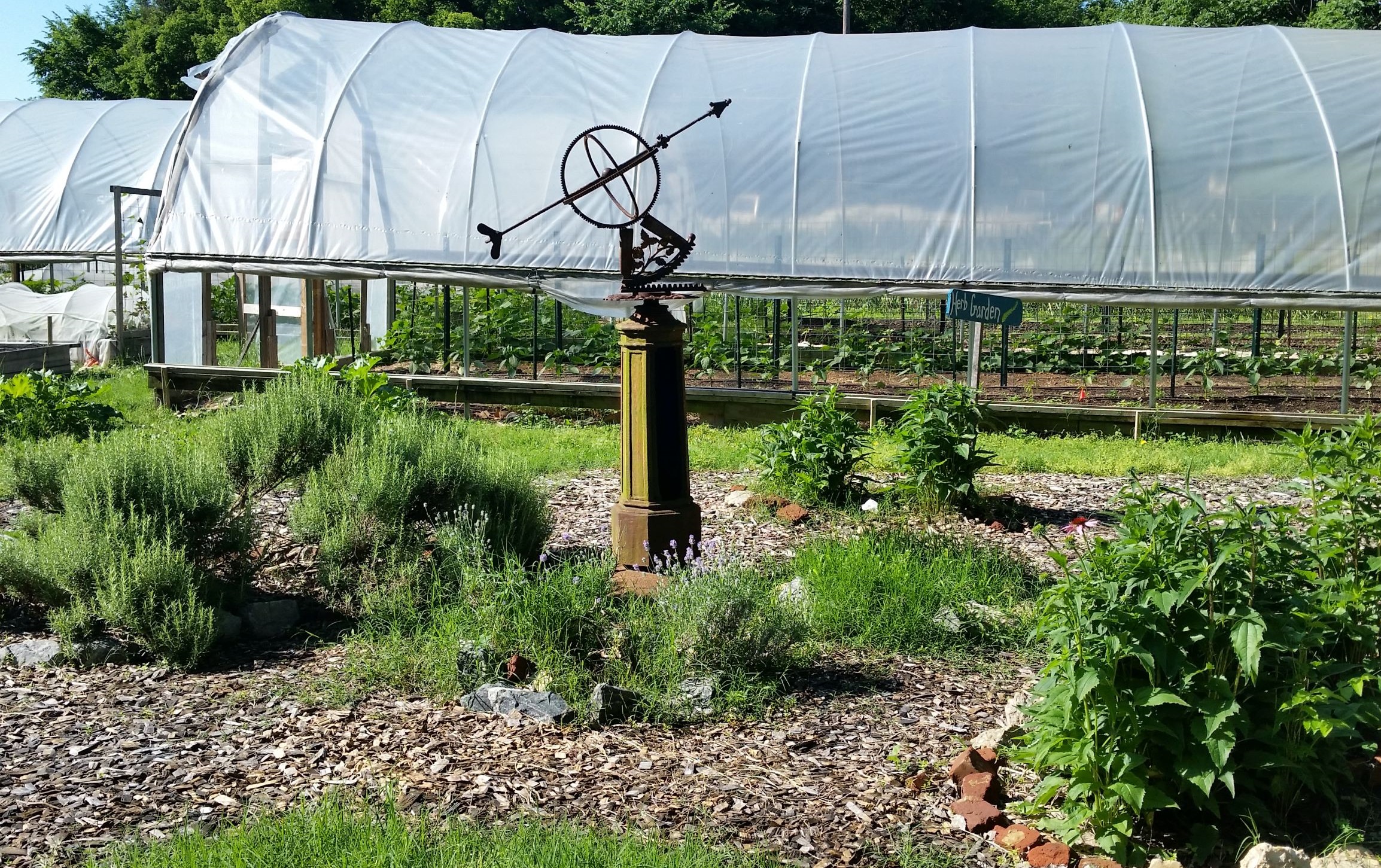
Tricycle Urban Agriculture has been working with Richmond communities since 2010, when it began Richmond’s first Urban Farm. The work of Tricycle has not only grown literally in the size and number of its various farm and garden sites, but in its many partnerships geared to their outreach efforts around the Richmond area. One of their successful programs is the Fellowship and Certificate program –“the first program of it’s kind designed in partnership with the USDA- Natural Resources Conservation Service.” Each year, fellows participate in an 11-month period that includes instruction and hands-on experiences about production practices, handling, marketing, and the unique interests of each fellow.
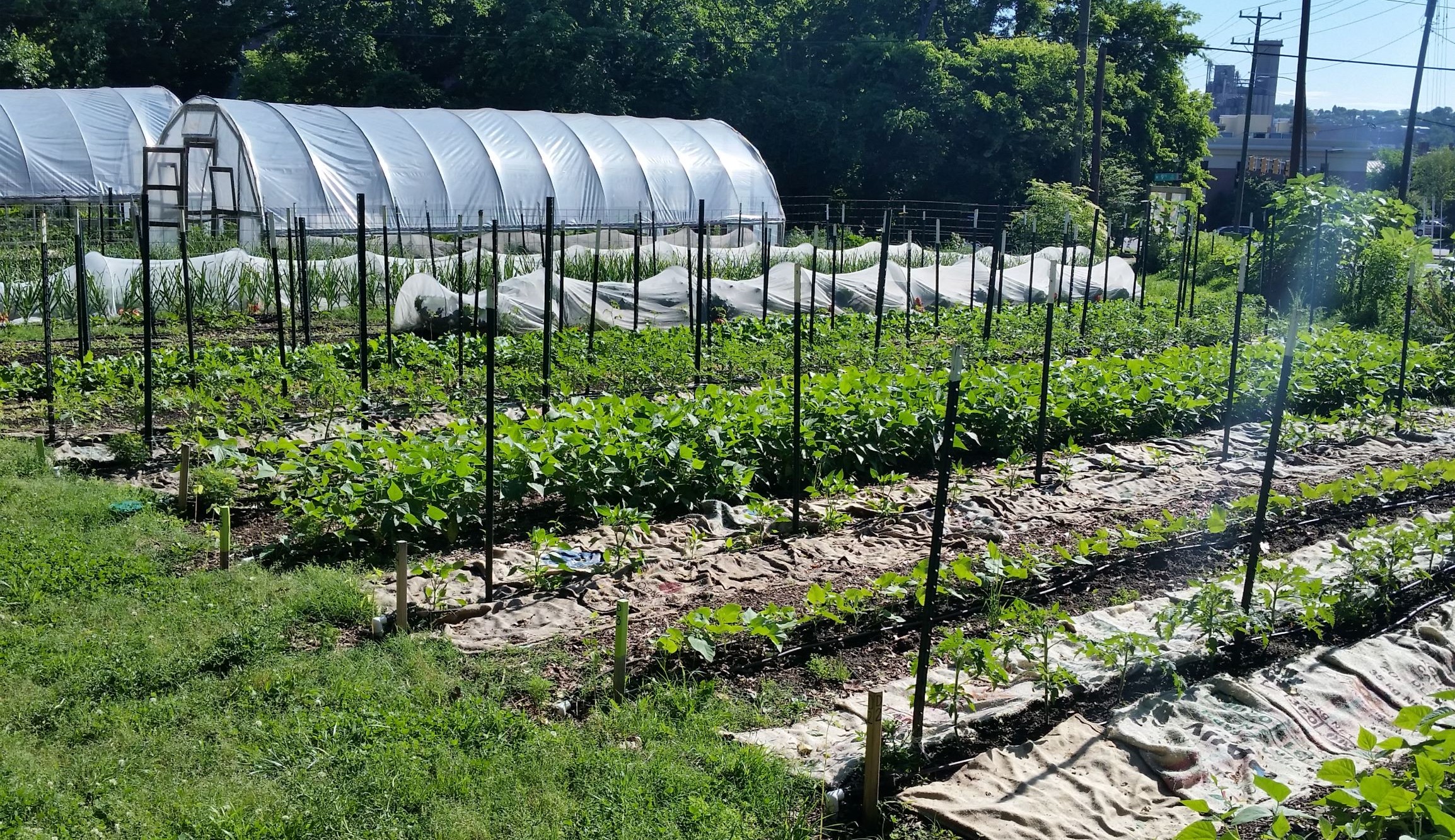
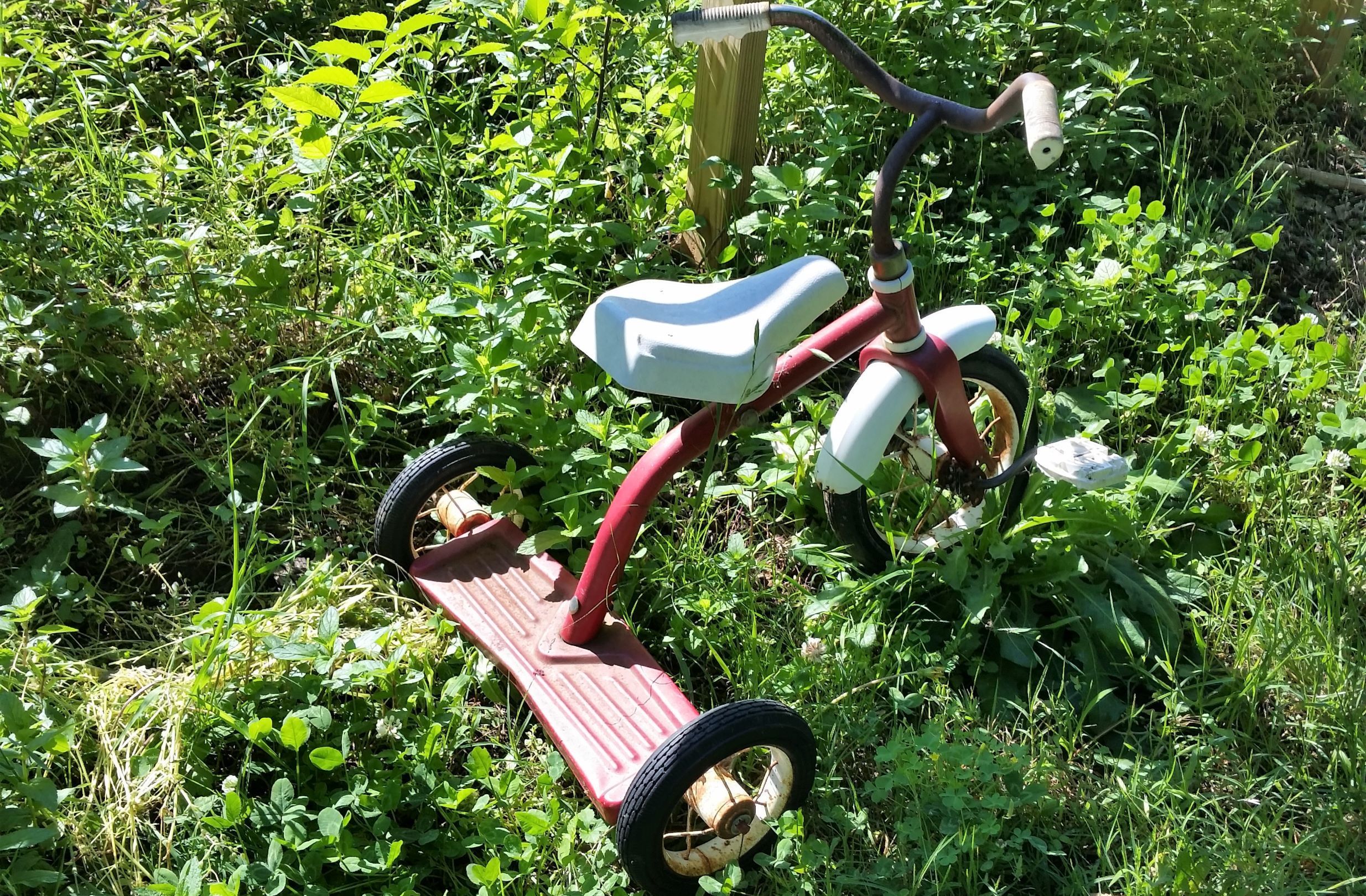
For the last two years, Laura Strawn and I have been asked to come to teach the fellows about on-farm food safety risks and Good Agricultural Practices (GAP). For Laura and I, this has been one of the highlights of our annual teaching together! We typically provide an overview of how to assess risks–either in the classroom or on the farm, followed by an on-farm walk to provide lots of opportunities for questions and answers related to risks, GAP, monitoring, corrective actions, and documentation.
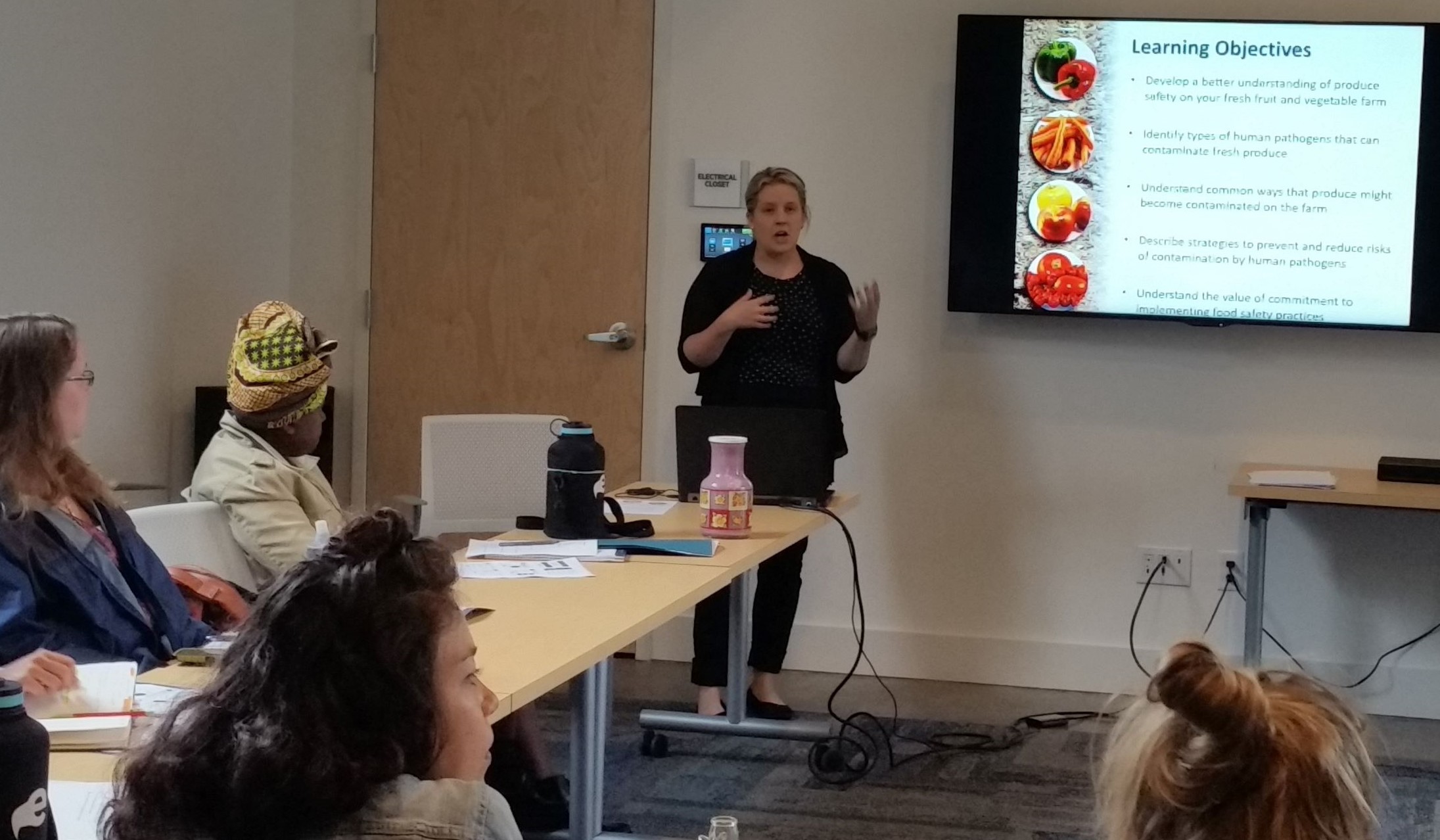
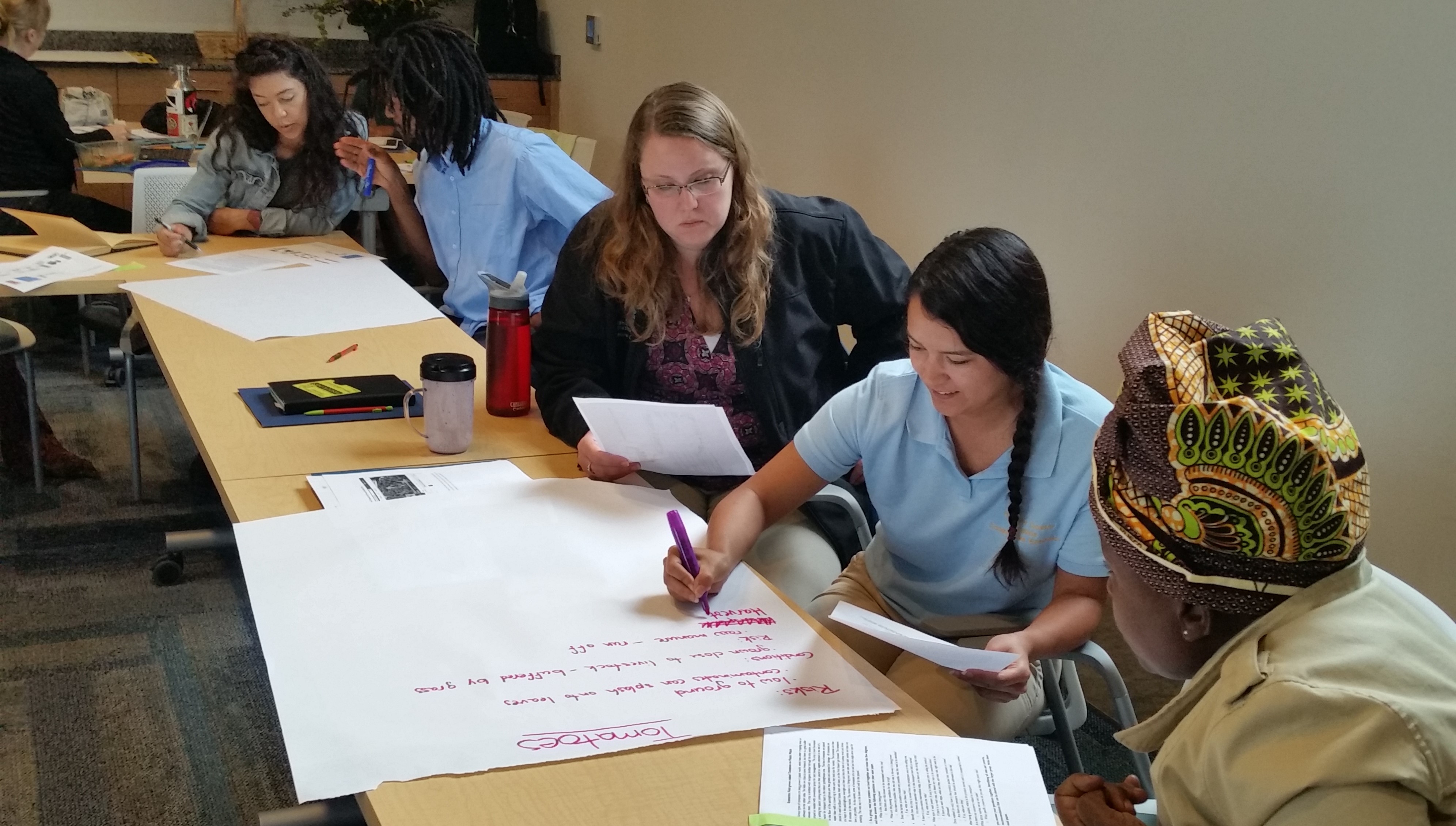
Between 2017 and 2018, we were impressed by the way Tricycle’s RVA Urban Farm had incorporated many changes based on our walk through, including a covered packing area with stainless steel tables, and also the growth of the farm in terms of infrastructure and planting areas.
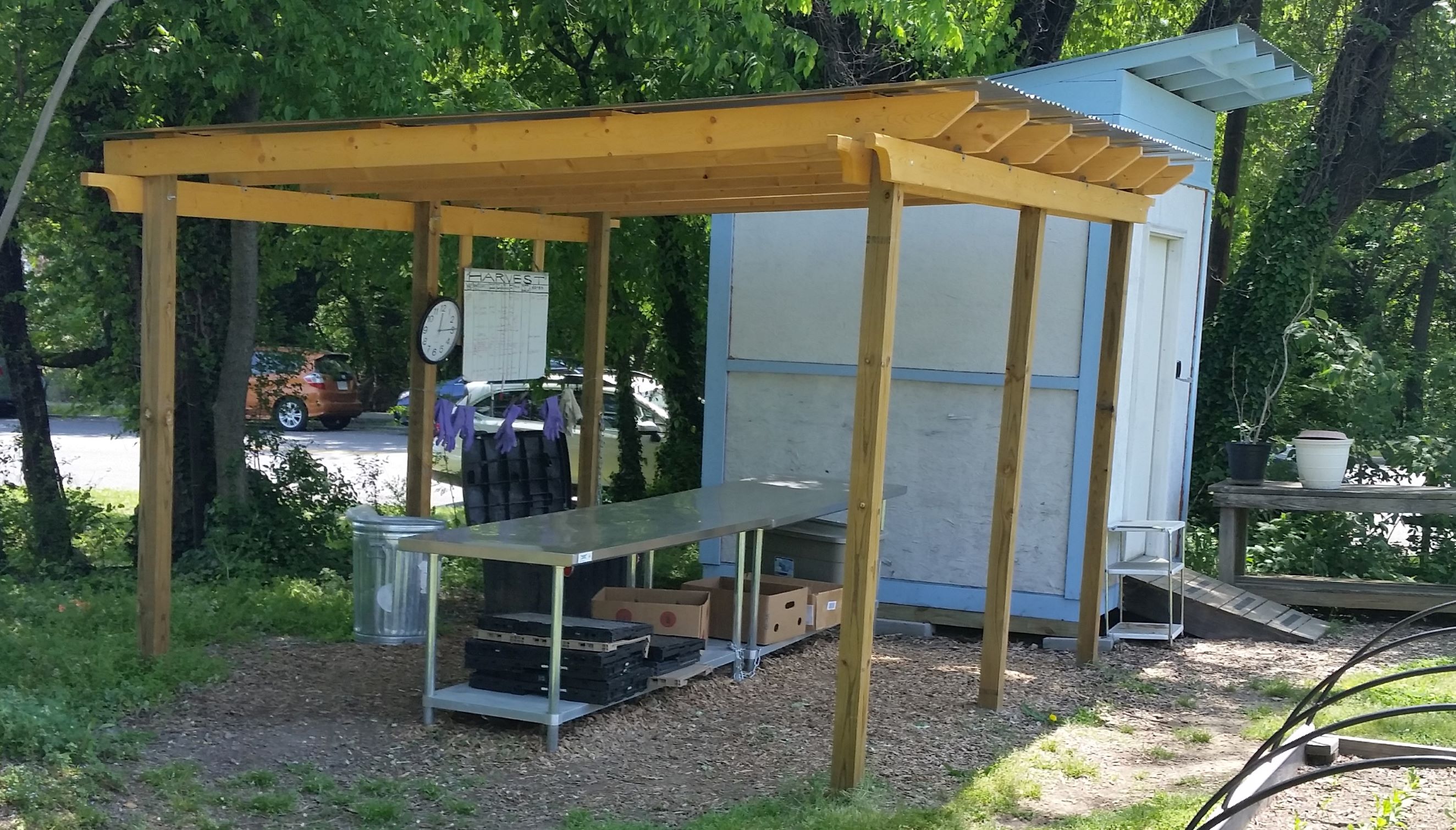
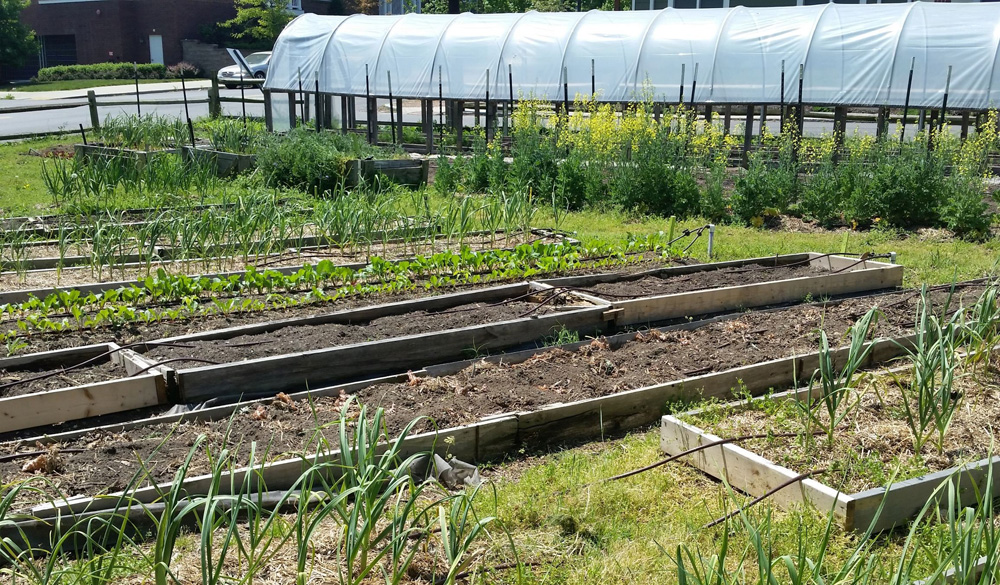
The relationship with Tricycle Urban Agriculture has been a rewarding one for all of us, especially knowing the fellows are learning about on-farm food safety so as to best equip them in whatever their future farming-related endeavors are. Our training demonstrates how our team is taking bigger picture, on-farm food safety principles and applying them to different situations such as urban farm settings. Our partnership also has helped us to better understand unique challenges facing our varied stakeholders and discussing possible solutions together. We look very forward to more opportunities to work with Tricycle Urban Agriculture in the future!
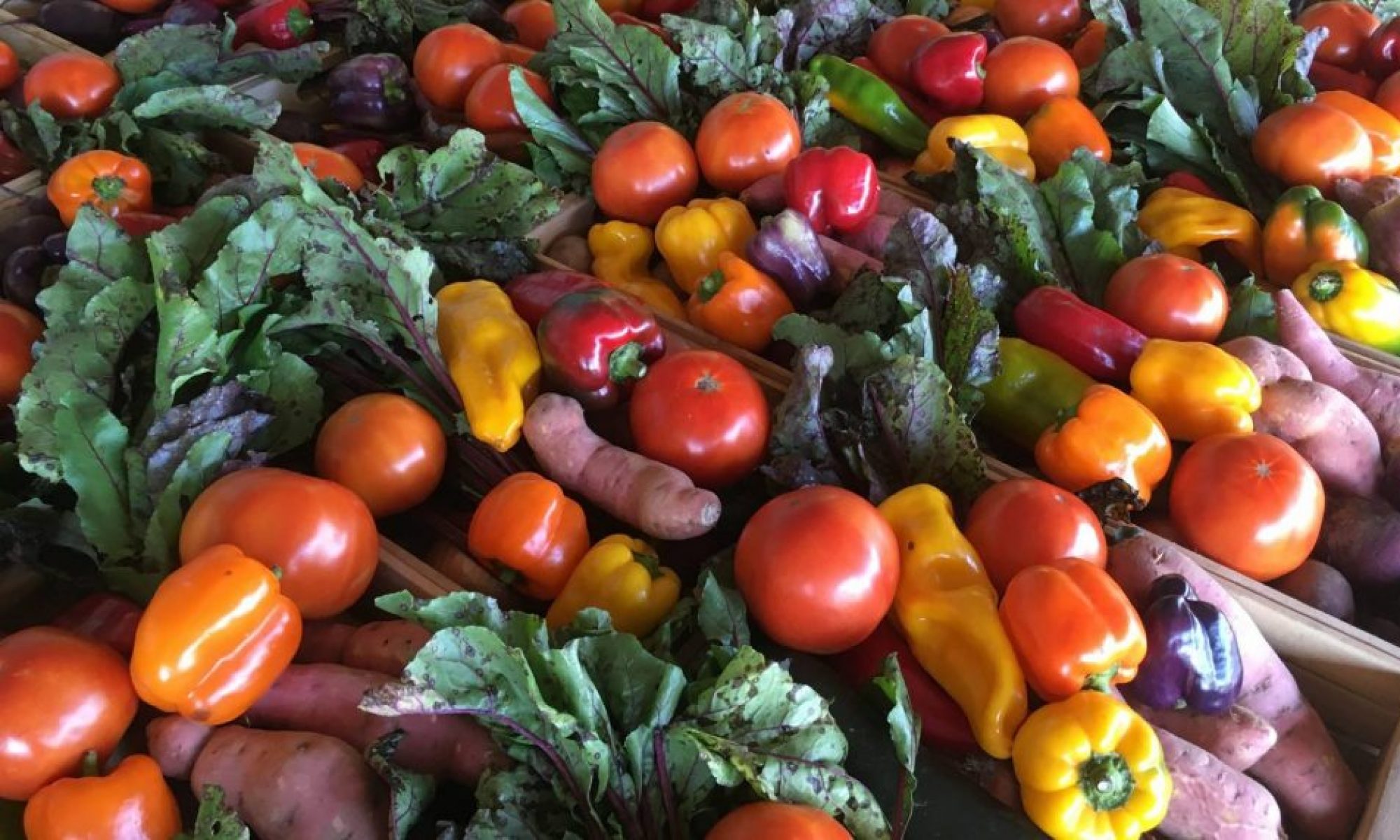
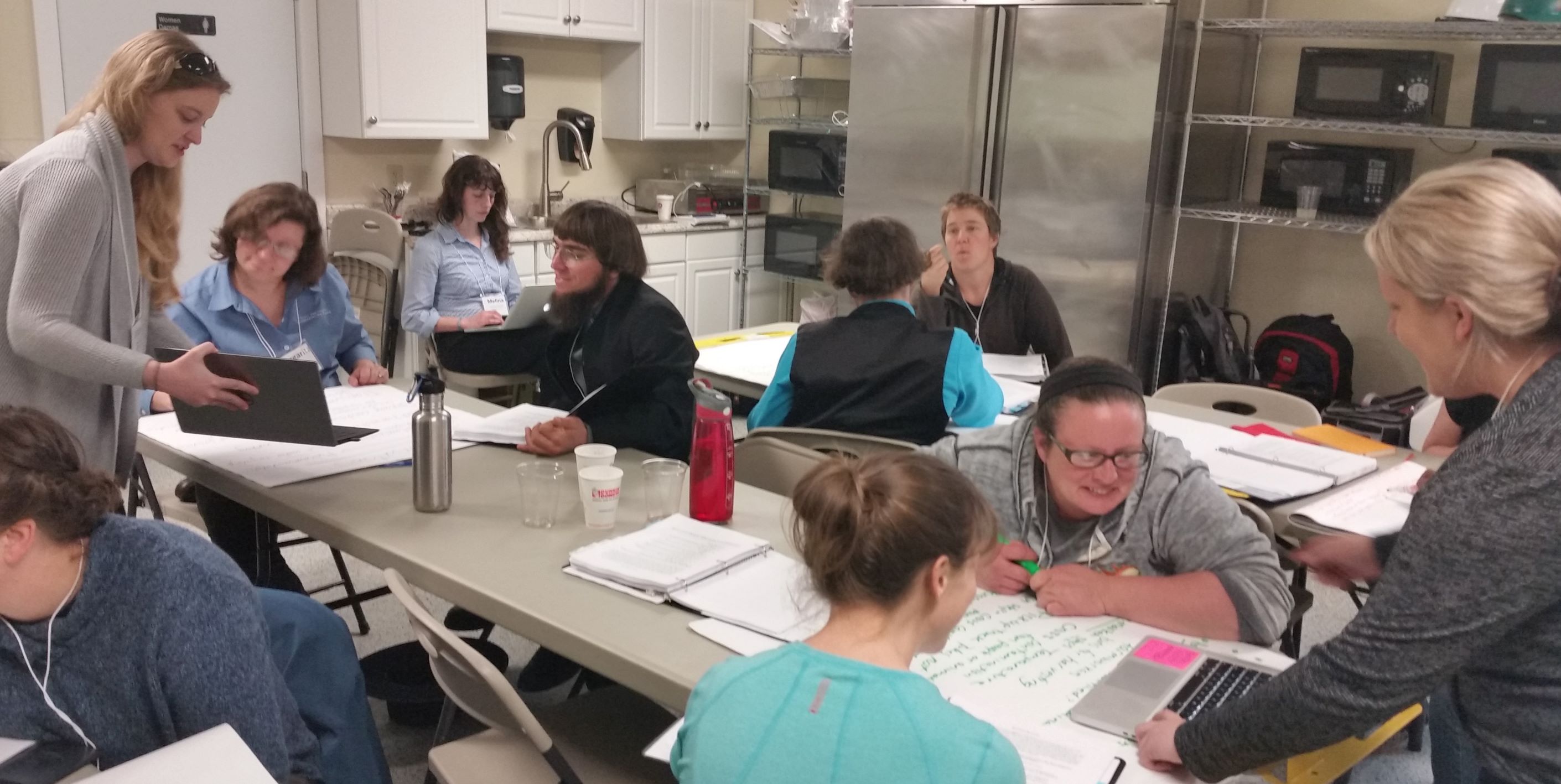
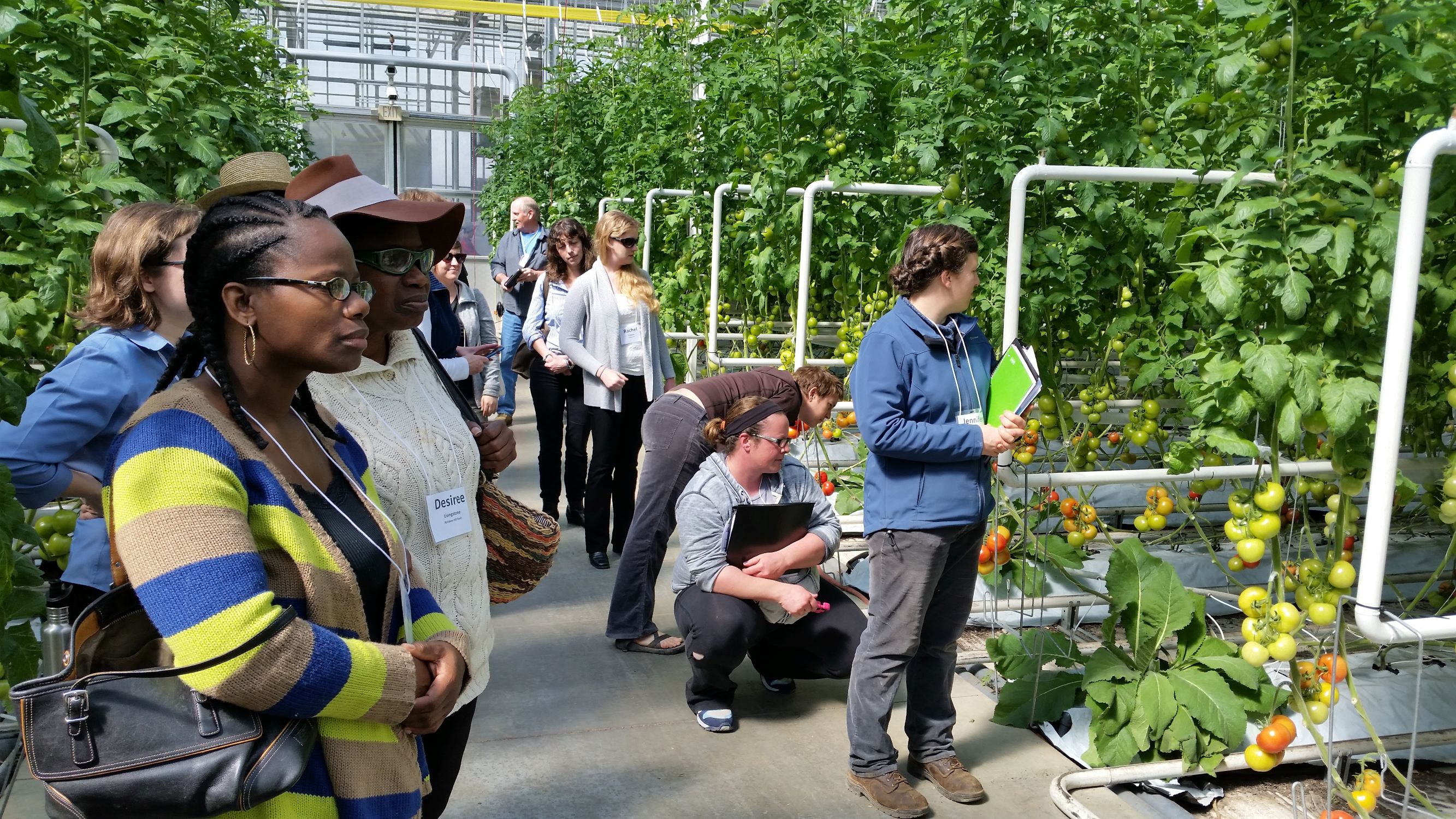
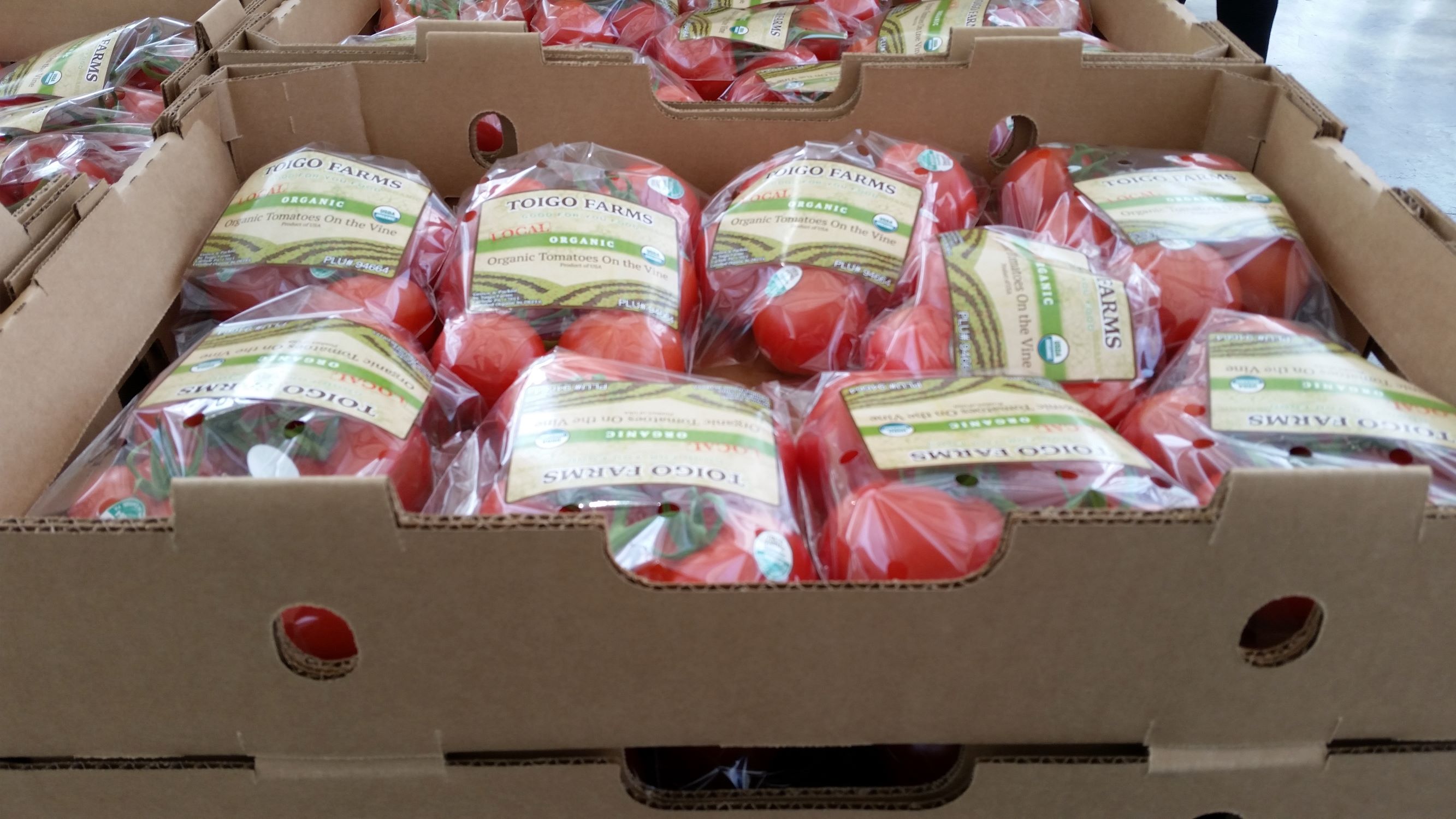
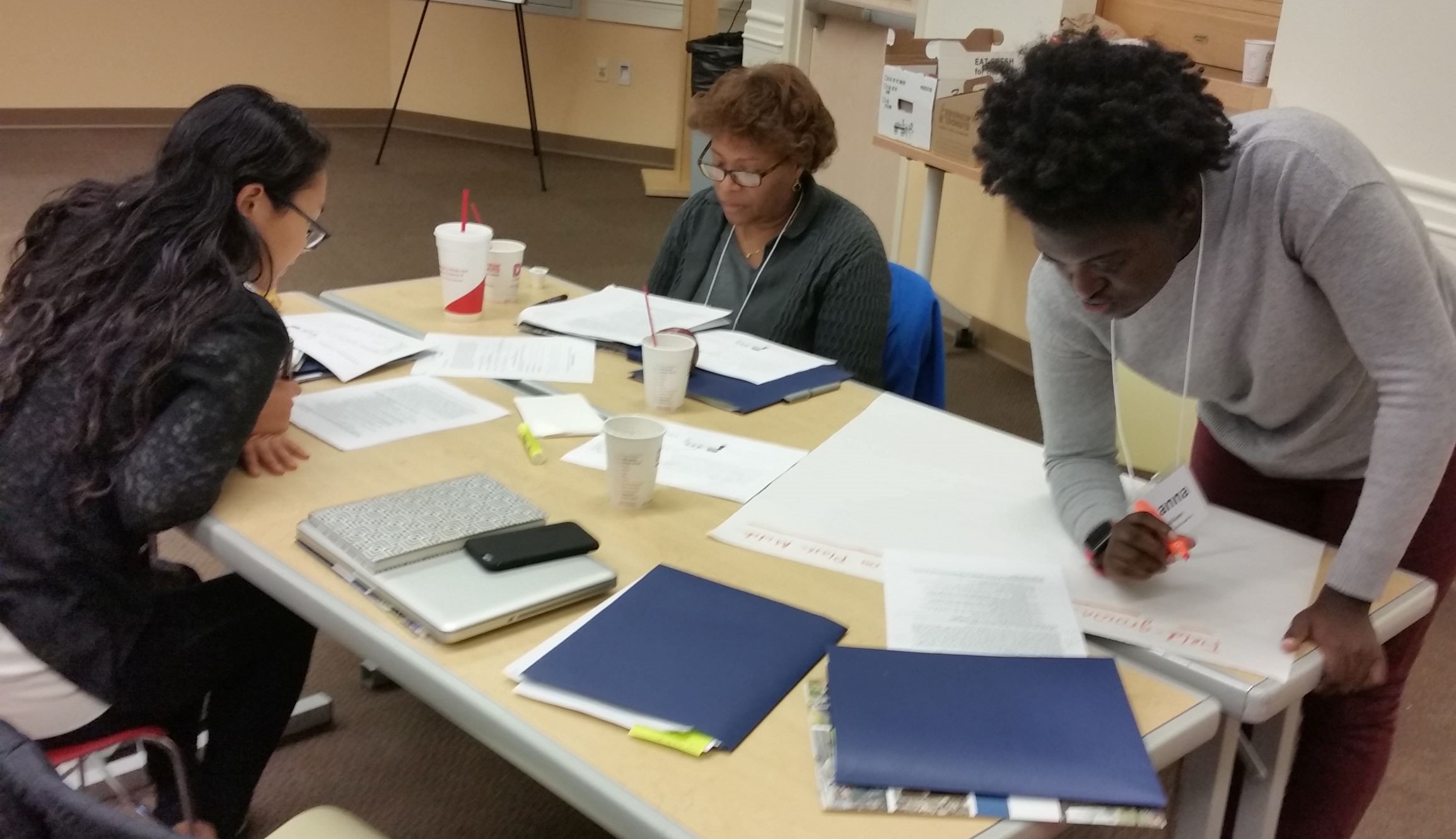
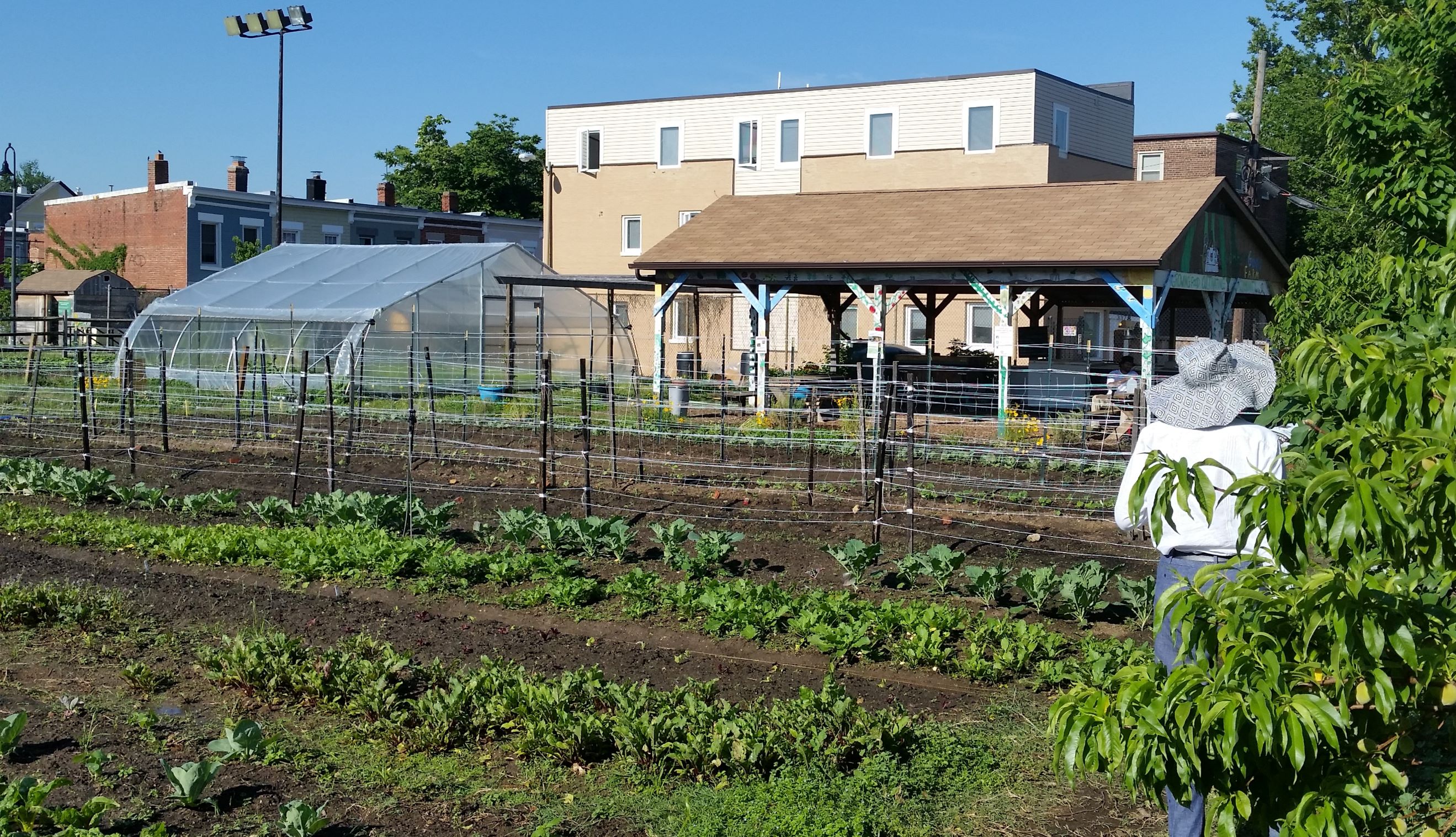
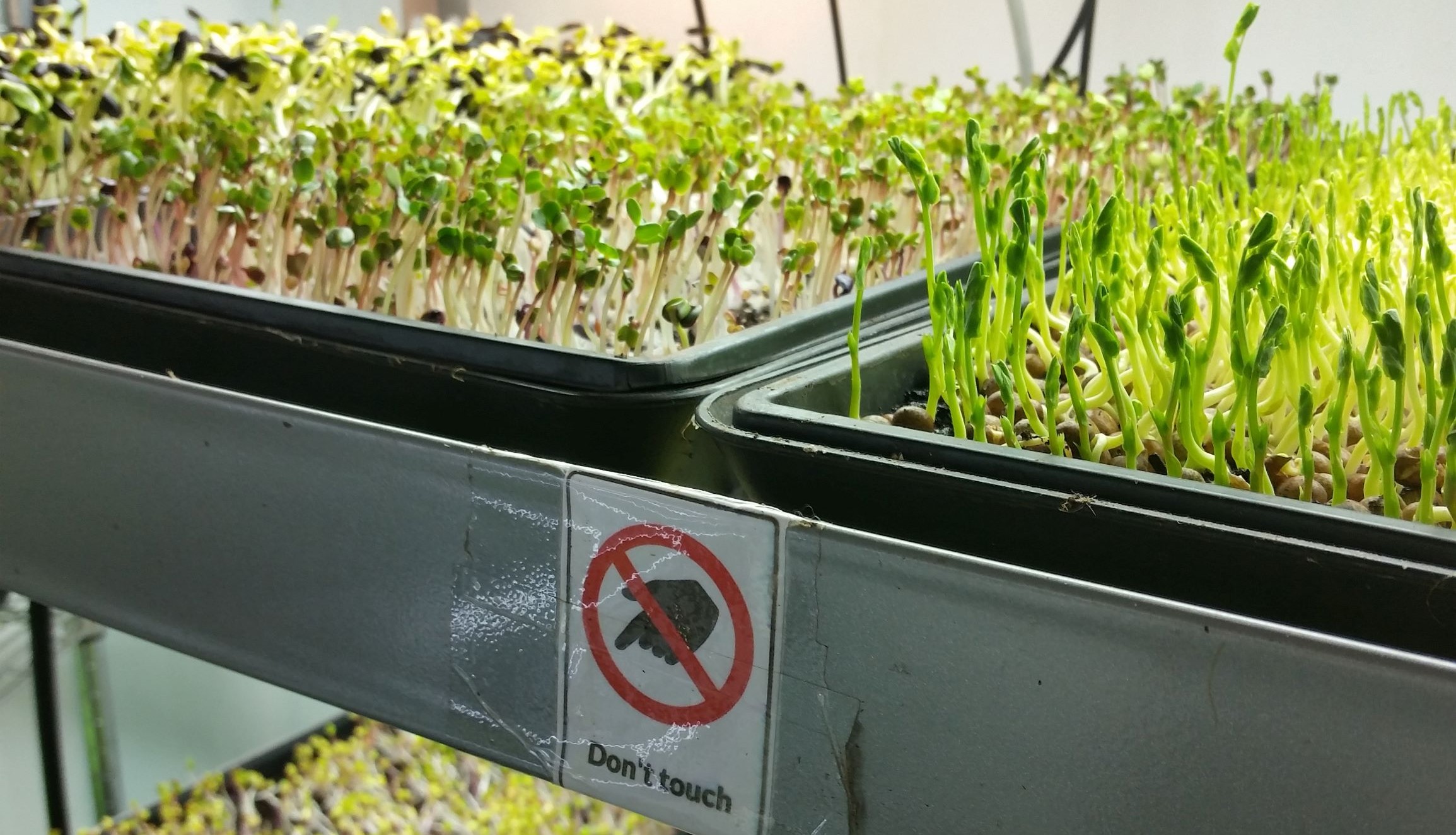
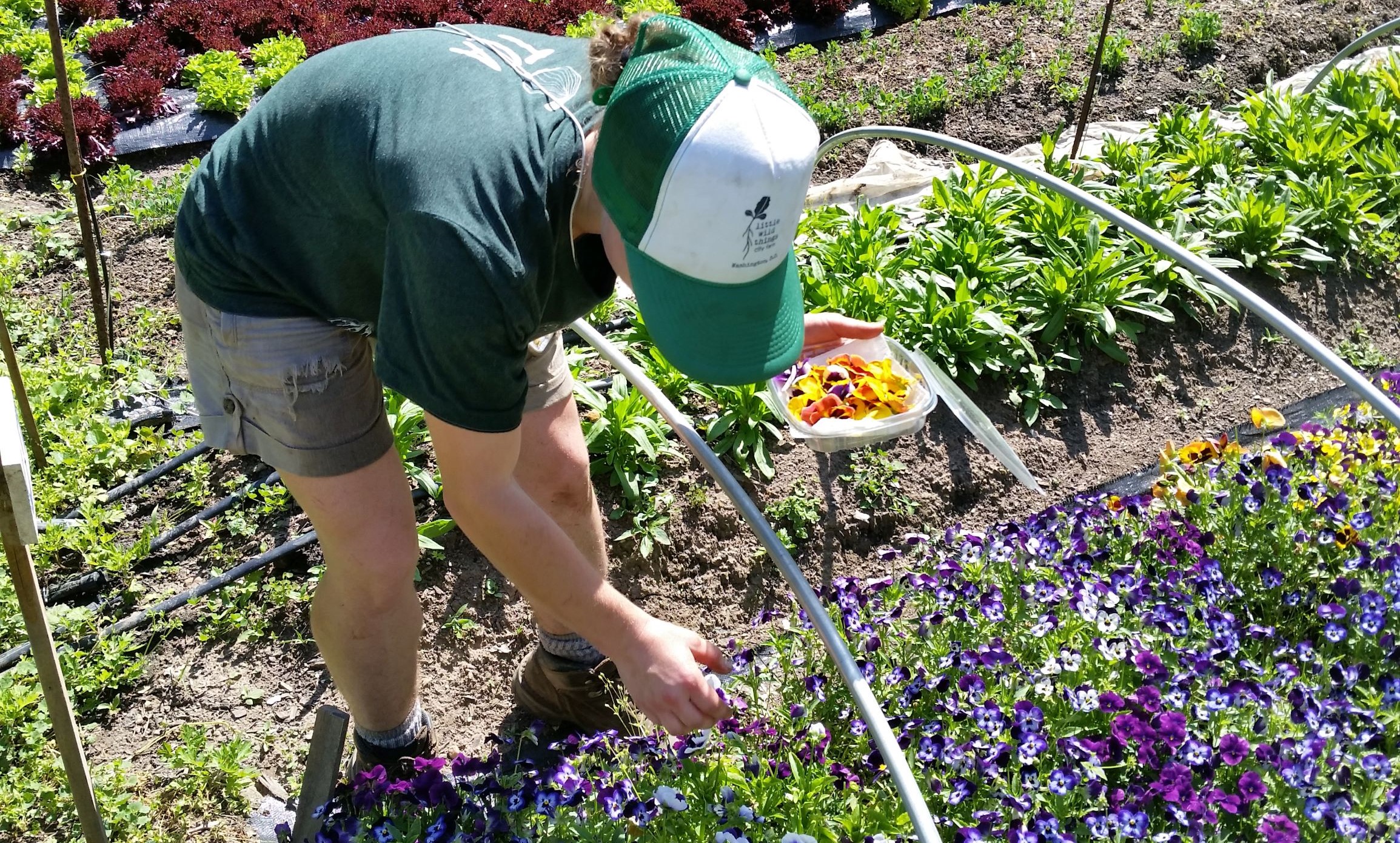
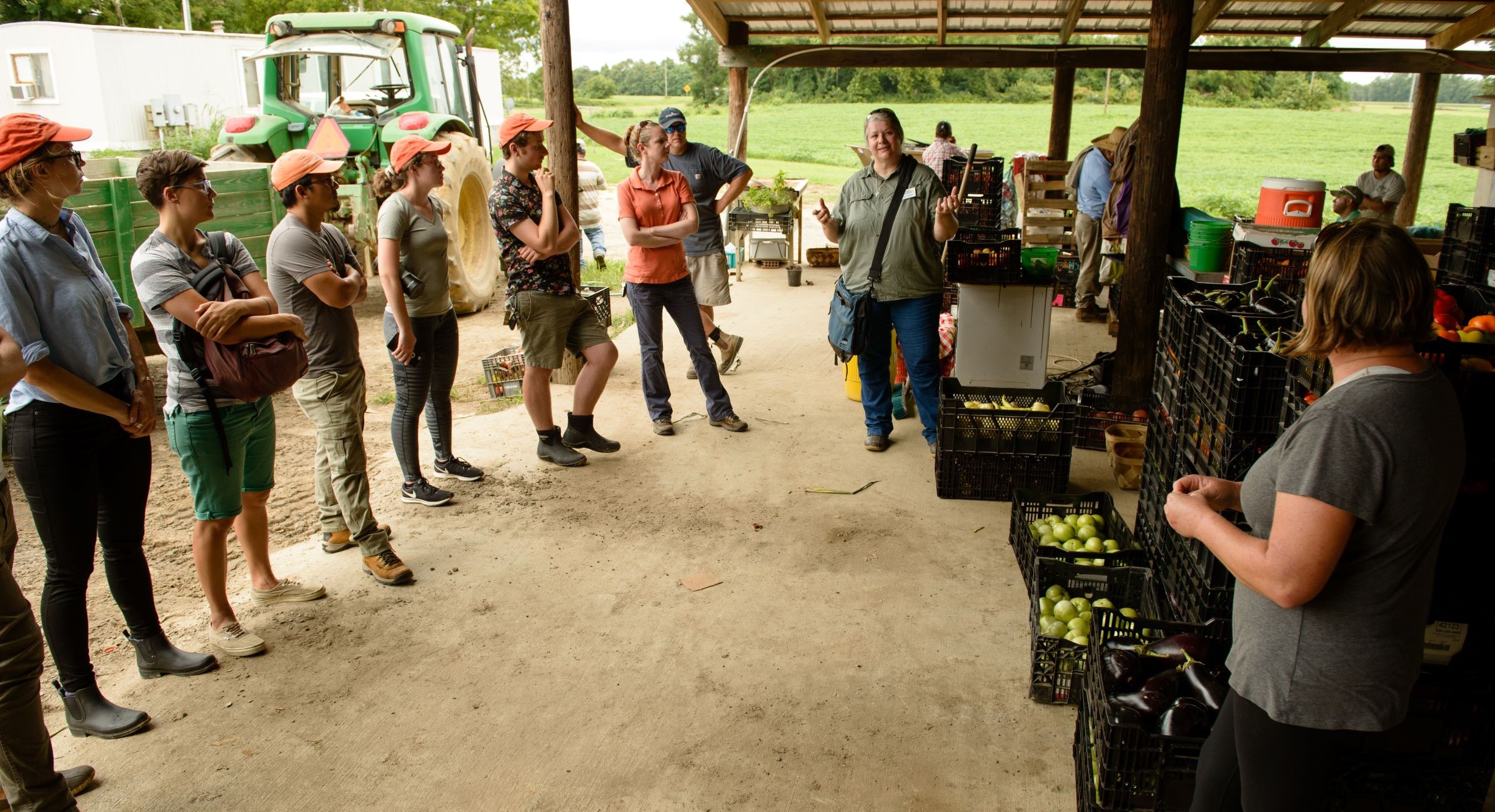
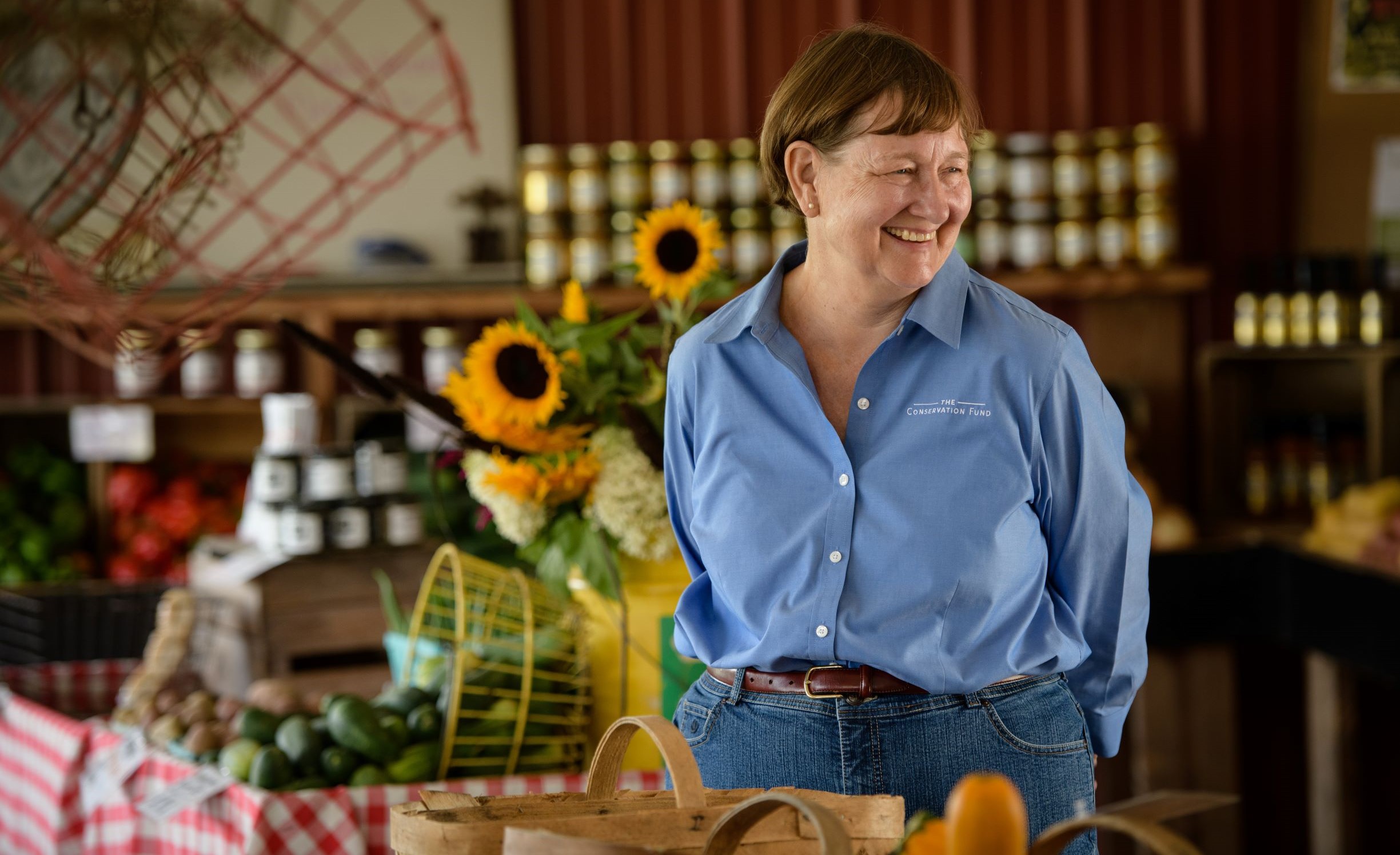
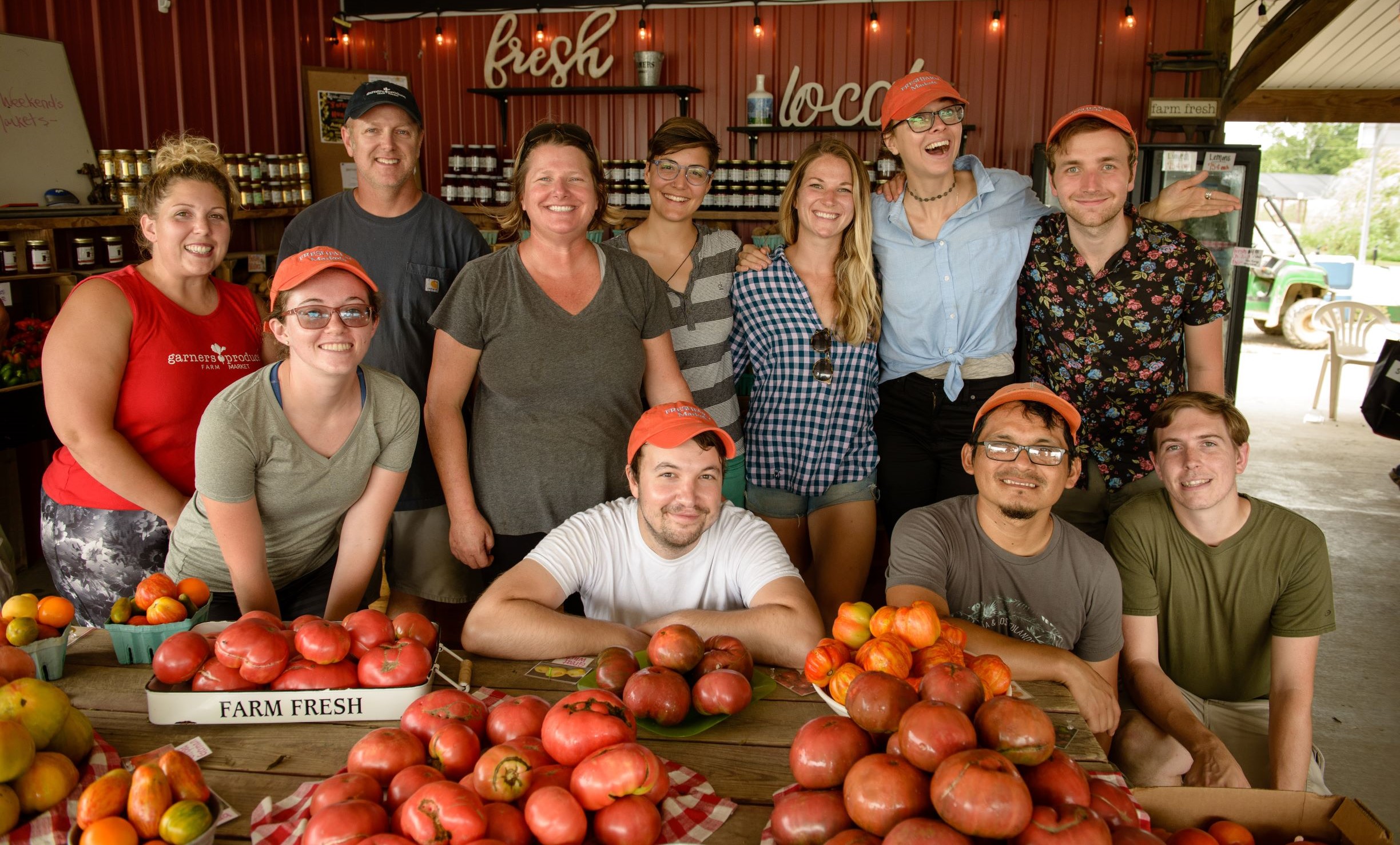
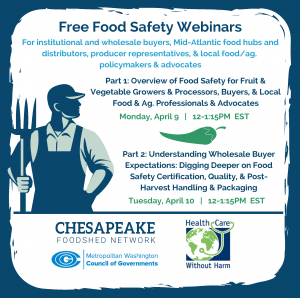 There’s a great deal of work happening in the Mid-Atlantic to get more locally grown and raised food onto store shelves, into school meals, hospital cafeterias, etc. Farmers, food hubs, distributors, state departments of agriculture, local food advocates, and many more, continue to address barriers, and to test solutions, for broadening wholesale market opportunities for local food. At the same time, food safety federal regulations are changing, requiring a higher level of time and investment on farms selling into wholesale market channels to comply with new requirements. Adding to the confusion, not all buyers have the same requirements.
There’s a great deal of work happening in the Mid-Atlantic to get more locally grown and raised food onto store shelves, into school meals, hospital cafeterias, etc. Farmers, food hubs, distributors, state departments of agriculture, local food advocates, and many more, continue to address barriers, and to test solutions, for broadening wholesale market opportunities for local food. At the same time, food safety federal regulations are changing, requiring a higher level of time and investment on farms selling into wholesale market channels to comply with new requirements. Adding to the confusion, not all buyers have the same requirements.